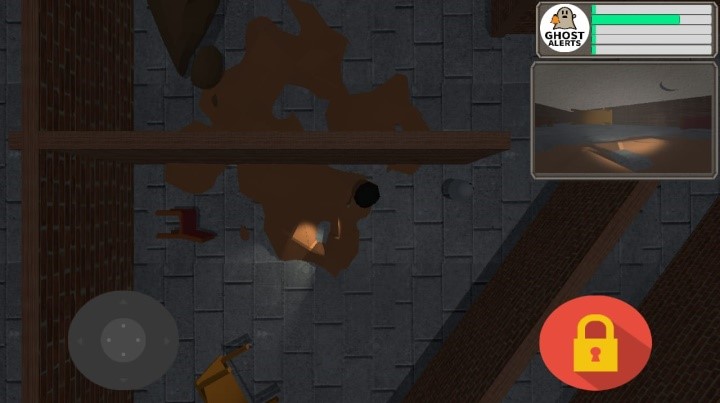Educational Game Exploring the Old Museum Using Fuzzy State Machine
Game Edukasi Jelalah Museum Tua Menggunakan Fuzzy State Machine
DOI:
https://doi.org/10.21070/joincs.v3i0.710Keywords:
Fuzzy State Machine, Culture Game, AIAbstract
Indonesia has a diverse culture from the form of creation, work, and intention, but over time Indonesian culture is eroded by the sophistication of the times. Using entertainment media such as games will be able to provide knowledge about culture through the game and can develop morale, using 3D interactive design of an object such as historical heritage will look close to real and with the Aritificial Intelligence (AI) used in the opponent will make the game that is played becomes fun or not monotonous. This study uses the Fuzzy State Machine (FuSM) method which aims to shape character behavior like human like behavour. The results that can be generated from FuSM are behavior that changes according to the conditions and rules that have been determined. This is where the AI that is formed will not always be the same in the same situation, all will be different depending on the conditions and rules that exist.
References
H. Haryanto, “PENDIDIKAN MORAL DENGAN MENGGUNAKAN SISTEM REWARD DALAM GAME IMERSIF,” 2010.
T. Daryatni, M. Hariadi, and A. Z. Fanani, “PERILAKU SMART NPC BERBASIS KOORDINASI MULTI AGENT MENGGUNAKAN FUZZY COORDINATOR,” J. Teknol. Inf. CyberKU, vol. Vol 12 No, 2016.
F. K. Yunifa Miftachul Arif, Ady Wicaksono, “Pergantian Senjata NPC pada Game FPS Menggunakan Fuzzy Sugeno,” vol. Vol 1, No, 2012.
T. Owen, Artificial Intelligence by Patrick Henry Winston (second edition) Addison-Wesley Publishing Company, Massachusetts, USA, July 1984 (£18.95, student hardback edition), vol. 6, no. 2. 1988.
J. D. U. John E. Hopcroft, Rajeev Motwani, “Teori Bahasa dan Otomata,” ANDI, Ed. Yogyakarta: ANDI, 2007.
R. Caesar, “Kajian Pustaka Perkembangan Genre Games Dari Masa Ke Masa,” J. Animat. Games Stud., vol. Vol 1, No, 2015.
A. J. de O. C. Leandro GM Alvim, “A fuzzy state machine applied to an emotion model for electronic game characters,” IEEE Int. Conf. Fuzzy Syst. (IEEE World Congr. Comput. Intell., 2008.
M. Buckland, Programming Game AI by Example (Wordware Game Developers Library). Jones and Bartlett Publishers, Inc, 2004.






